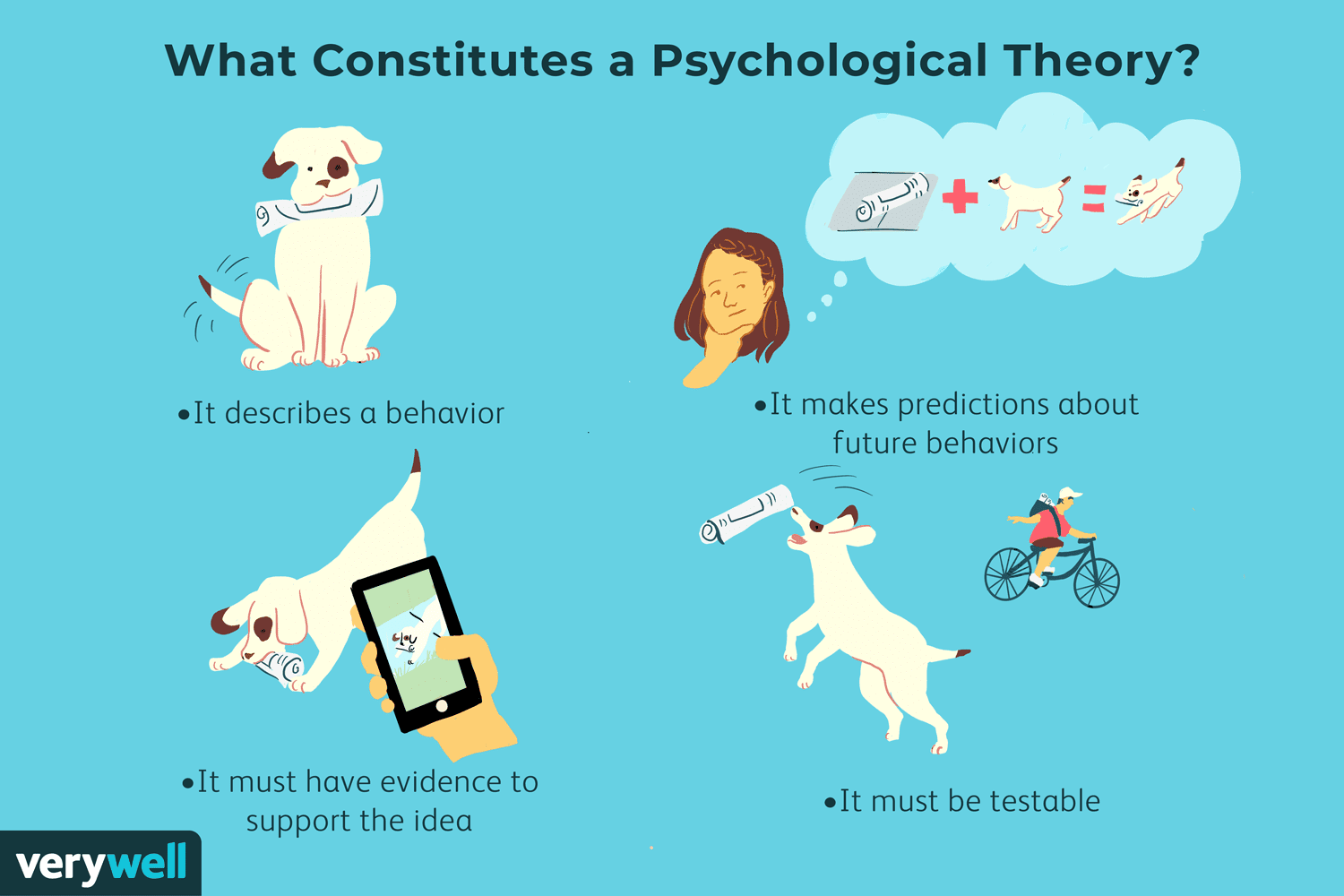Criminal behavior has been studied by psychologists for many years, and various theories have been proposed to understand the underlying causes. This article outlines ten psychological theories that help explain why people engage in criminal activities. These theories range from environmental and social factors to biological and personality traits. For instance, the psychoanalytic theory suggests that criminal behavior is caused by deep-rooted psychological conflicts, while the strain theory proposes that criminal behavior is caused by the inability to achieve goals through legitimate means. Biological factors, such as genetic or hormonal imbalances, can also play a role in criminal behavior. Understanding these theories can lead to effective interventions to prevent and treat criminal behavior.
10 Psychological Theories Behind Criminal Behavior
Criminal behavior is a complex phenomenon that has been studied by psychologists for many years. Various theories have been proposed to understand the underlying causes of criminal behavior. Here are ten psychological theories that help explain why people engage in criminal activities.
1. Psychoanalytic Theory
The psychoanalytic theory suggests that criminal behavior is caused by deep-rooted psychological conflicts, especially from childhood experiences and repressed memories. These conflicts can result in a need for power, control, and gratification that can manifest as criminal behavior. Thus, according to this theory, criminals have unresolved emotional issues that result in their criminal behavior.
2. Behavioral Theory
The behavioral theory emphasizes the role of environmental factors in shaping criminal behavior. According to this theory, people learn criminal behavior through reinforcement and punishment. For instance, if a person is rewarded for committing a crime, they are more likely to repeat the behavior in the future. This theory explains why children who grow up in homes with violent or criminal behavior are more likely to engage in criminal activities.
3. Cognitive Theory
The cognitive theory suggests that people who engage in criminal behavior have distorted ways of thinking, such as believing that the world is a hostile place, or that they are inferior to others. These thoughts can lead to feelings of anger, resentment, and frustration, which can, in turn, lead to criminal behavior as a way to cope with these negative emotions.
4. Social Learning Theory
The social learning theory proposes that criminal behavior is learned through interactions with others. People who grow up in environments where criminal activities are prevalent are more likely to learn and engage in such behaviors. Additionally, people are more likely to engage in criminal activities if they have peers who engage in such behavior, as they view it as acceptable and normative.
5. Biological Theory
The biological theory suggests that criminal behavior is caused by genetic or physiological factors. Studies have shown that criminals have different brain structures and functions compared to non-criminals. Additionally, hormonal imbalances have also been linked to criminal behavior, particularly in cases of violent crimes.
6. Social Control Theory
The social control theory emphasizes the role of societal institutions in preventing criminal behavior. According to this theory, criminal behavior is more likely to occur when individuals do not feel connected to their community, or when they lack the social bonds necessary to deter them from engaging in criminal activities. Therefore, building strong social networks and promoting positive community interaction can be effective in preventing criminal behavior.
7. Strain Theory
The strain theory suggests that criminal behavior is caused by the inability of individuals to achieve their goals through legitimate means. According to this theory, people who are unable to attain their goals, such as financial success or social status, through legitimate means may resort to criminal activities as an alternative means to achieve these goals.
8. Labeling Theory
The labeling theory proposes that people become criminals because they are labeled as such by society. According to this theory, individuals who are labeled as criminal are more likely to view themselves as such, leading to further criminal behavior. Additionally, societal labeling can create self-fulfilling prophecies, where the labeled individual feels trapped in their expected role and engages in further criminal behavior as a result.
9. Rational Choice Theory
The rational choice theory suggests that individuals engage in criminal behavior as a result of a rational decision-making process. According to this theory, people engage in criminal activities if the perceived benefits of the crime outweigh the perceived costs. Therefore, increasing the perceived costs of criminal behavior, such as through more severe punishments, can be an effective deterrent for criminal behavior.
10. Trait Theory
The trait theory suggests that criminal behavior is caused by underlying personality traits such as impulsivity, aggression, and low self-control. People who have these personality traits are more predisposed to engage in criminal activities than those who do not. Therefore, interventions that address these underlying personality traits can be effective in preventing criminal behavior.
Conclusion
Overall, criminal behavior is a complex phenomenon that is influenced by various factors, including psychological, social, and biological factors. Understanding these underlying causes can help develop effective interventions to prevent and treat criminal behavior.
